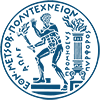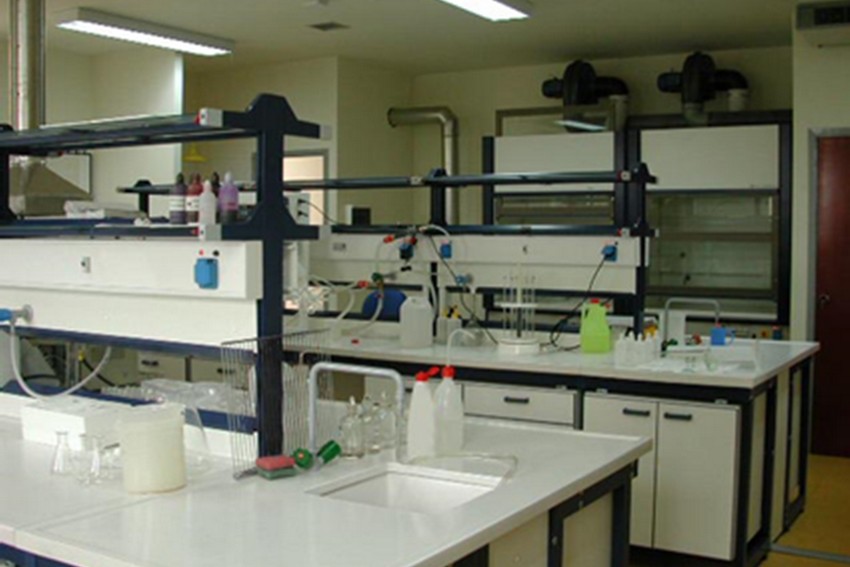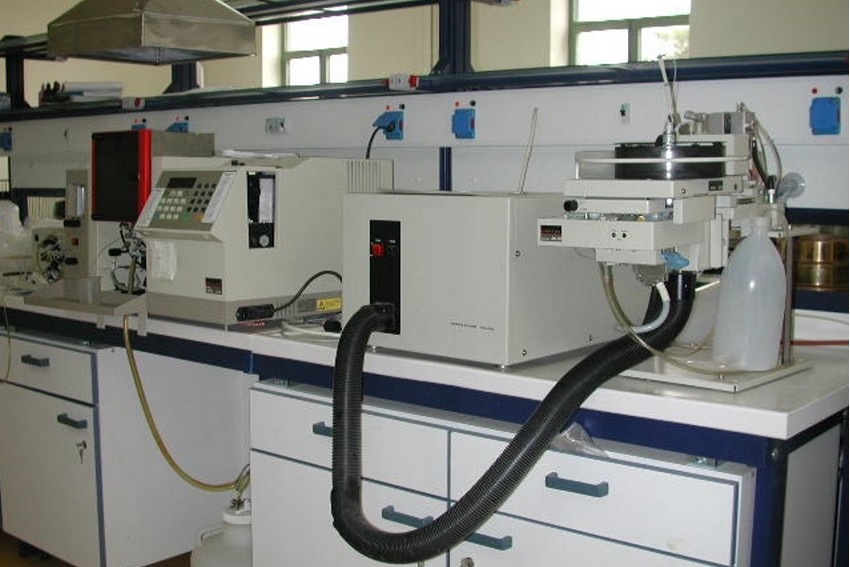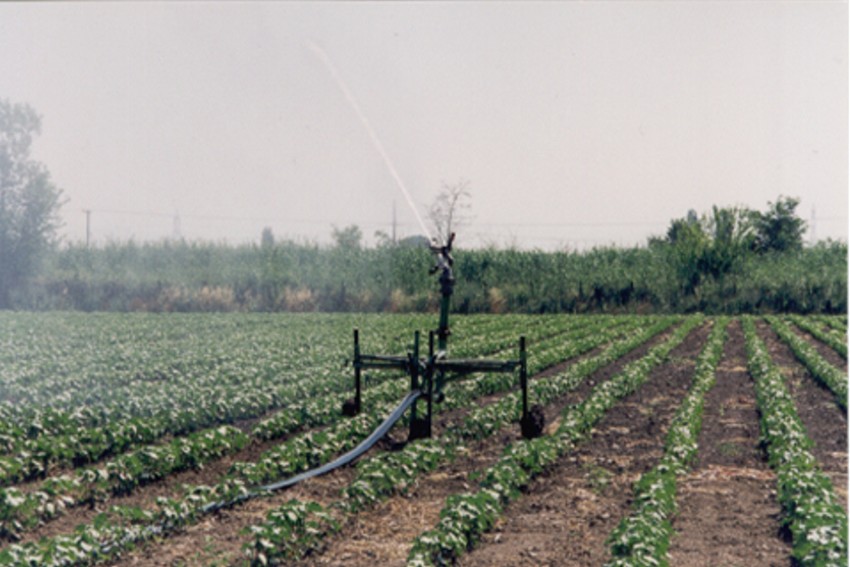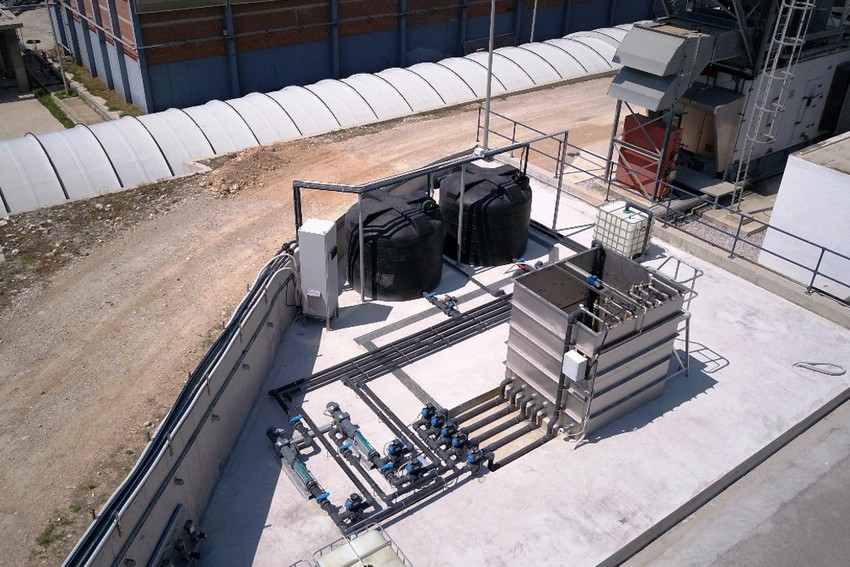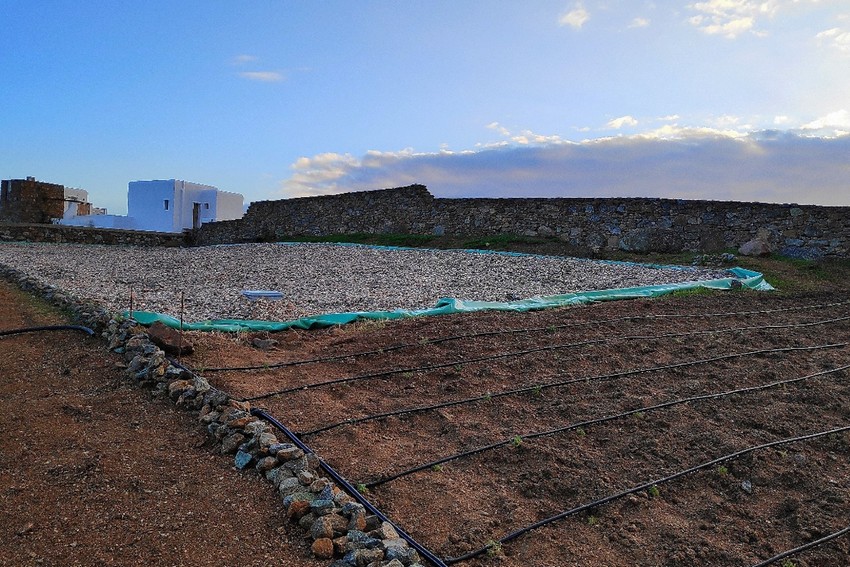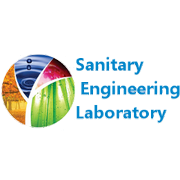
Identity
Διευθυντής:
Daniel Mamais
Professor
School of Civil Engineering,
Email: mamais@central.ntua.gr
Tel.: +30 210 – 7722901
Contact Information:
Elsa Pantopoulou
Email: elsa.pantopoulou@gmail.com
Tel.: +30 210 772 2897-8
Division of Water Resources and Environmental Engineering
School of Civil Engineering
National Technical University of Athens
Website:
http://www.eyt.gr/
Introduction:
SEL was founded in 1981 by the Presidential Decree 573/1-6-81 and belongs since 1982 (Senate decision of 17-12-1982) to the Water Resources and Environmental Engineering Department of the School of Civil Engineering of The National Technical University of Athens (NTUA).
Research field:
The activities of the Laboratory include education, basic and applied research and consultancy services in the wider field of Water Resources Management and Environmental Protection. The Sanitary Engineering Laboratory, SEL, is a leading center for education, research and technology in the area of Environmental Engineering. SEL is engaged in basic and applied research in the fields of water pollution control, water resources management, drinking water treatment, wastewater and sludge treatment, disposal and reuse, nutrients and energy recovery from waste and bioremediation. The research covers both fundamental and applied research in the following specific fields:
- Management of water resources
- Drinking water treatment
- Wastewater and sludge treatment
- Solid waste management
- Sludge and wastewater reuse
- Nutrients and energy recovery from waste
- Quality of aquatic environment
- Fate of priority pollutants and emerging contaminants in wastewater treatment systems in the aquatic environment
- Mathematical modelling of biological processes
- Bioremediation
- Ecosystems and environmental impact assessments.
More than 25 specialized scientists, mostly postdoctoral researchers and PhD candidates, are currently employed in research projects in environmental engineering, sustainable development and circular economy. The major part of our research is funded by highly competitive European and Greek research projects or by private companies. SEL is also, accredited by the Hellenic Accreditation System according to ΕΛΟΤ EN ISO/IEC 17025 (accreditation no 496) for chemical and microbiological analyses for water, wastewater and sludge.
SEL’s teaching staff is actively employed in teaching 18 undergraduate and graduate courses at the School of Civil Engineering and at the Inter-Departmental Program of Post-graduate Studies in the scientific field “Water Resources Science and Technology” of the National Technical University of Athens. The major findings of SEL research activities are disseminated in the form of PhD, MSc and Diploma theses, project reports and scientific papers, submitted for publication in scientific journals or presented in conferences. Approximately 12 PhD, more than 400 MSc and Diploma thesis as well as 200 scientific papers have been published by SEL students and staff.
Apart from the educational and research activities, the Sanitary Engineering Laboratory offers technical consulting services to public organisations (Ministries, Water Authorities, etc) and private companies. The Laboratory is included in the list of NTUA laboratories providing advisory and consultancy services. In the field of water resources and wastewater management, the Laboratory has developed collaborations with the Greek Ministry of Environment, the Water Supply and Sewage Company of Athens (EYDAP) and other Local Water and Sewarage Authorities and private companies in Greece and many universities, research centers and SME in Europe. Over the last 5 years SEL has been funded with approximately 5 million € by by highly competitive European and Greek research projects.
Facilities:
The Sanitary Engineering Laboratory occupies an area of 400 m2, fully equipped with modern laboratory apparatuses and computerised systems. SEL is equipped with all the necessary equipment for conventional and specialised analyses for the determination of pollutants in water, wastewater, sludges, solid wastes and air. Pilot plant units can be used for the evaluation of the performance of a variety of treatment schemes. The processes involved during treatment as well as the fate of pollutants in the aquatic environment are simulated by means of mathematical models, a number of them developed as a result of the research work conducted by SEL. Field work including sampling and in situ analysis is facilitated by means of an adequately equipped laboratory van. The Laboratory has the following state-of-the-art analytical equipment available to perform its research tasks:
- Graphite furnace atomic absorption spectroscopy
- Atomic absorption spectroscopy with Flame Atomizer
- Gas chromatography and GC/MS
- UV-VIS spectrometer
- Ion chromatography
- Fluorescence in situ hybridization (FISH) microscope for bacteria identification and counting
- Fully automated bench scale continuous flow and batch reactors for waste treatment and aerobic, anoxic or anaerobic treatment
- Biological methane potential (BMP) measurement system
